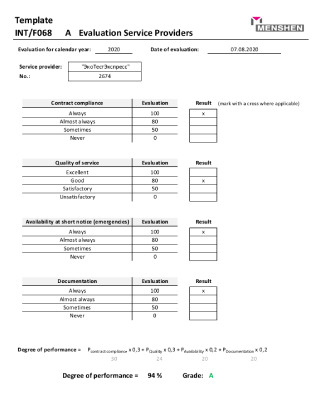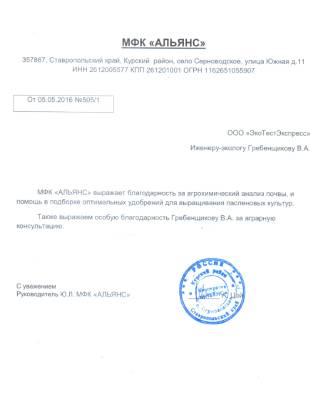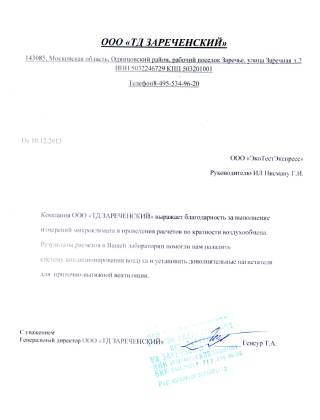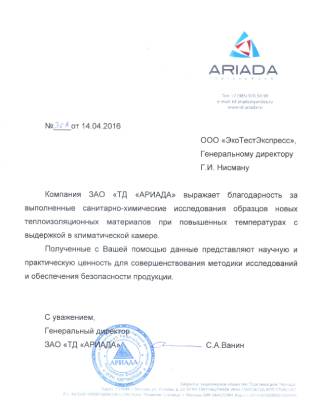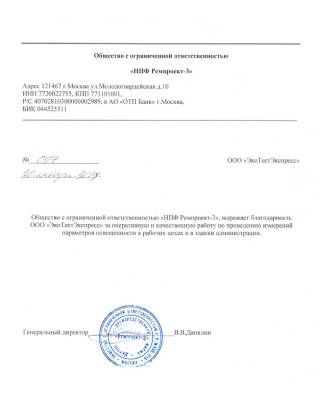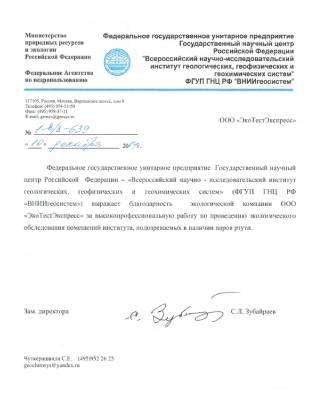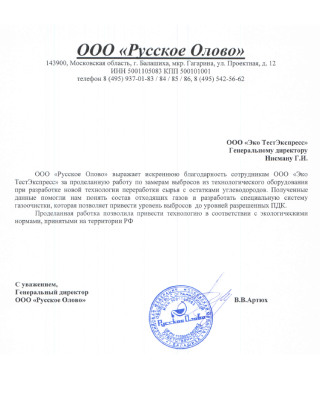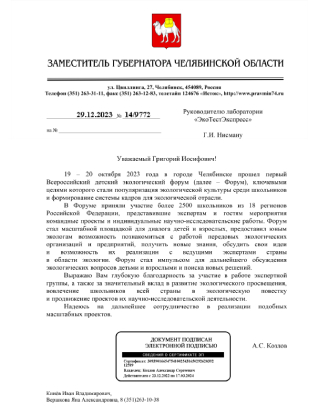Unlock Your Athletic Potential: Mastering Mental Focus and Physical Endurance
Understanding the Mind-Body Connection
Unlocking your athletic potential relies heavily on understanding the profound connection between the mind and the body. For athletes, mental focus and physical endurance are not mutually exclusive but work hand in hand to enhance performance. The intricate balance between these two elements plays a critical role in how athletes train, perform, and recover. By recognizing that mental strength is as crucial as physical prowess, you can tap into untapped energy reserves and elevate your training to new heights.
One way to boost this mind-body synergy is through mental conditioning techniques such as visualization and mindful meditation. These practices hone mental clarity and lead to improved focus during critical moments in competition. While building physical endurance through rigorous training regimens, it’s essential to remember that a strong mind can significantly impact an athlete’s ability to push through physical barriers. Imagine your mental discipline like a game of Plinko, where each focused decision helps you navigate the path to your peak performance, all while avoiding distractions that could lead to a less favorable outcome.
Building Physical Endurance Through Consistent Training
Developing physical endurance is a cornerstone of athletic success. Endurance is what allows athletes to sustain high levels of performance over extended periods, giving them the edge in both training and competition. To build endurance effectively, it’s crucial to follow a structured training plan personalized to your specific goals. This can include a mix of cardiovascular exercises, strength training, and flexibility routines, each contributing to overall endurance.
Athletes benefit significantly from cross-training, which prepares the body to adapt to various physical demands. For instance, a runner might incorporate swimming or cycling into their routine to build cardiovascular strength while minimizing the risk of injury. It’s about finding the right balance and ensuring that each workout is a step toward greater endurance. Equally important is nutrition and rest, as they provide the energy and recovery time necessary to maximize training benefits.
The Role of Nutrition in Enhancing Focus and Endurance
Nutrition plays a pivotal role in unlocking your full athletic potential, supporting both mental focus and physical endurance. The right diet provides athletes with the necessary fuel to power through intense training sessions and maintain peak performance. A well-balanced meal plan, rich in carbohydrates, proteins, and healthy fats, ensures that you have a steady supply of energy throughout the day.
Hydration is another critical component that influences endurance and cognitive function. Dehydration can lead to decreased performance and impaired decision-making, underlining the importance of maintaining fluid balance. Supplements, too, can support dietary intake, but they should never replace whole foods. A strategic approach to nutrition, with an emphasis on timing and nutrient-dense choices, allows athletes to optimize their energy levels, focus, and recovery capacity.
Exploring Plinko and Its Connection to Mental Strategy
Plinko, a game that combines luck and strategy, can draw parallels with the mental strategies employed by athletes. Just as players aim to land their chip in the highest value slots, athletes focus on navigating their thoughts and actions towards outcomes that enhance performance. This alignment of strategic thinking and mental focus can make the difference between a good athlete and a great one.
Understanding the mechanics of Plinko can inspire athletes to approach their mental game with strategy, forethought, and adaptability. Anticipating where challenges may arise and planning responses accordingly can enhance mental fortitude. By innovating strategies similar to this popular game, athletes can ensure that each step contributes to their overarching goals, enhancing their readiness for both expected and unexpected scenarios in their field of play.











